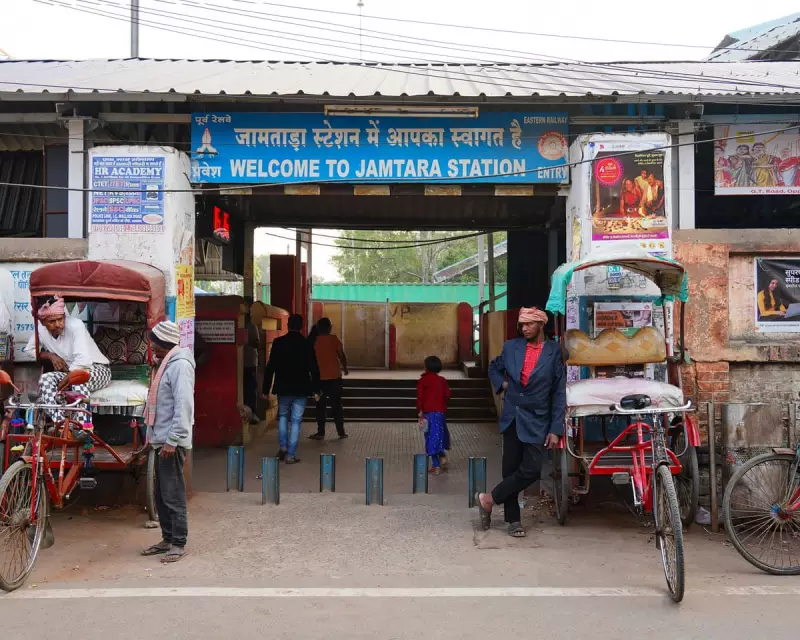
In a startling transformation that mirrors the digital age's dark underbelly, rural communities across India are abandoning generations of agricultural tradition for a far more lucrative harvest: cybercrime. What began as small-scale fraud has blossomed into sophisticated criminal enterprises operating from villages that now specialise in digital deception.
The New Cash Crop: Digital Deception
Where fields once grew crops, smartphones now harvest victims. In districts like Jamtara, Bharatpur and Nuh, young men who might have followed their fathers into farming are instead mastering the art of online fraud. The incentives are undeniable – where farming might earn a family £3-4 daily, a successful scam can yield thousands in a single operation.
"Scamming became the new farming," explains one former police official. "Why break your back in fields when you can earn a year's income with one convincing phone call?"
Anatomy of a Scam Village
These cybercrime hubs operate with remarkable organisation:
- Specialised Roles: Different villages often focus on specific scam types, from phishing to ransomware
- Knowledge Sharing: Experienced scammers mentor newcomers, creating self-perpetuating criminal ecosystems
- Technical Evolution: Simple phone scams have evolved into sophisticated digital operations using VPNs and encrypted communication
- Global Reach: Victims span continents, with UK residents frequently targeted
The Perfect Storm: Why This Epidemic Took Root
Several factors converged to create this unprecedented situation. Widespread smartphone adoption provided the tools, while limited legitimate economic opportunities made crime an attractive alternative. The COVID-19 pandemic accelerated the trend, pushing more activity online and creating new vulnerabilities for scammers to exploit.
Local authorities face an uphill battle. As one cybersecurity expert notes, "When entire communities are involved, enforcement becomes incredibly complex. You're not dealing with isolated criminals but with village-wide operations where everyone from teenagers to elders might be complicit."
The Human Cost
Behind the staggering statistics lie real victims – British pensioners losing life savings, families tricked into sending money to fake relatives in distress, and businesses crippled by sophisticated fraud. The emotional and financial devastation extends far beyond the villages where these crimes originate.
A Glimmer of Hope?
Some communities are fighting back. Rehabilitation programmes aim to provide scammers with legitimate IT skills, channelling their technical abilities toward legal employment. Police cybercells are expanding, and international cooperation is increasing.
Yet the challenge remains immense. As long as the financial incentives dramatically outweigh those of traditional work, and as digital literacy continues to outpace legal employment opportunities, India's cybercrime villages are likely to remain a persistent feature of the global digital landscape.
The story of these villages serves as a stark reminder that in our interconnected world, criminal innovation can emerge from the most unexpected places, transforming rural landscapes into launchpads for global digital crime.





